How Often Do Water Heaters
Need to be Replaced in Lehi?
Don't underestimate the significance of maintaining your water heaters as a homeowner in the Lehi area. Neglecting them until you unexpectedly find yourself without hot water can be quite inconvenient and even hazardous. Taking the necessary steps to care for your water heater is crucial. Our expert plumber, specializing in water heater repair and replacement, will guide you through this process. In this informative article, we will highlight the indications that suggest a replacement is necessary. Additionally, we will explore essential factors to consider when purchasing a new system. By continuing to read, you will acquire valuable knowledge on how to guarantee a consistent hot water supply for your family.

How long do water heaters last?
Hot water heaters are essential for our daily routines, as they supply the hot water necessary for tasks such as showering, doing laundry, and washing dishes. However, the durability of these appliances can be affected by various factors. On average, a hot water heater typically lasts between 8 to 12 years.
Compared to traditional units, tankless water heaters generally have a longer lifespan.
It's important to note that improper installation or neglecting maintenance can significantly reduce the lifespan of a water heater.
To ensure optimal performance and extend the life of your water heater, it is crucial to consistently maintain and inspect it.
It's worth considering that excessive daily usage and high levels of hard water can accelerate the wear and tear on your unit, compromising its long-term effectiveness.

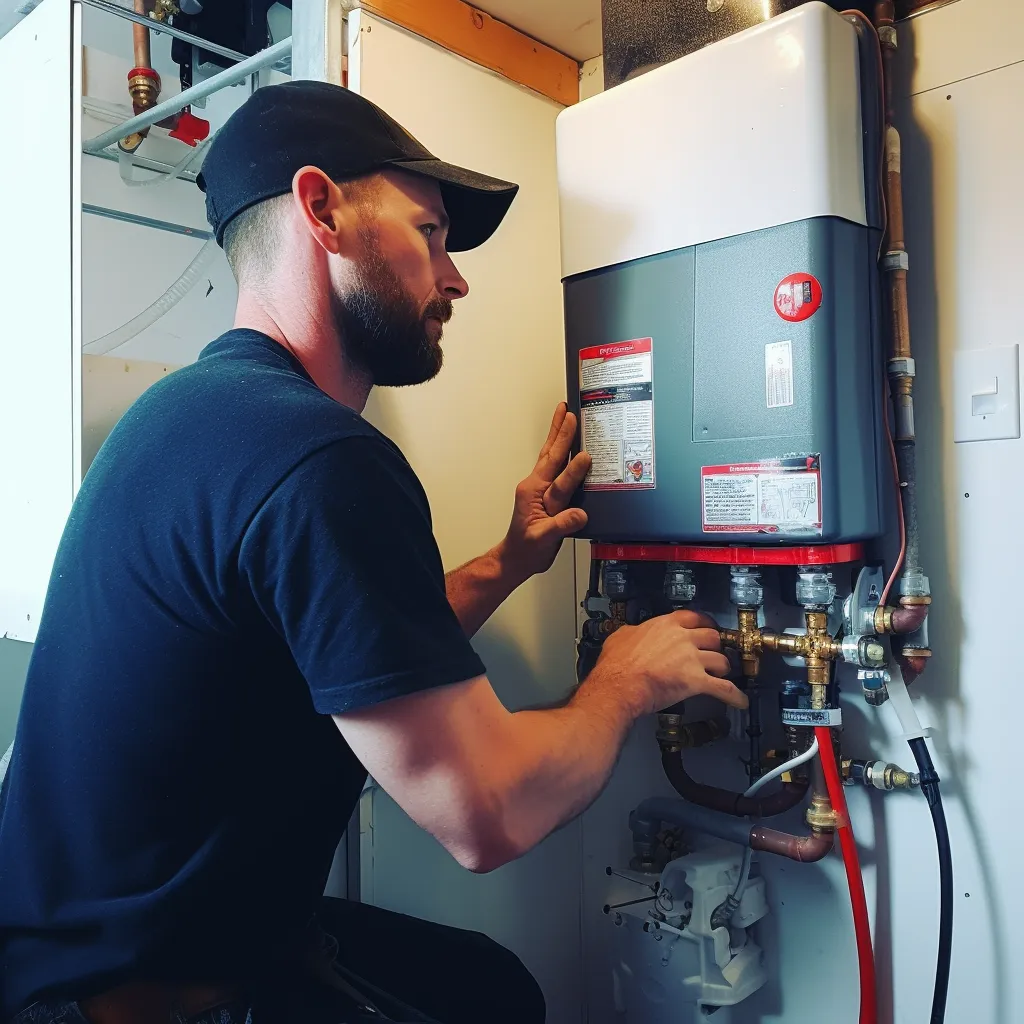
Do you have the budget for a new hot water heater?
When it comes to choosing the perfect water heater for your home and budget, the task can be overwhelming due to the wide array of options available. To ensure that you make an informed decision, it is crucial to consider your budgetary constraints and the specific requirements of your household. Various factors such as energy efficiency, capacity, and compatibility with your lifestyle should also be taken into account. It's important to note that while certain models may have a higher initial cost, they can yield substantial savings on your energy bills in the long run. Keep in mind that investing in a high-quality water heater can result in significant cost savings over time, so it is advisable to allocate ample time to thoroughly assess all your options before making a final selection.

Replacing a water heater is a big decision
When considering water heater replacement, it's crucial to make a well-informed decision. Efficiently selecting a new water heater entails taking into account factors such as efficiency, age, and cost. If your current water heater is ten years old or more, or if it frequently requires repairs, it's a definite sign that it's worth considering an upgrade to a more efficient model. This upgrade can enhance the performance of your water heater while simultaneously lowering your utility bills.

How to extend the lifespan
of your water heater
To ensure your water heater functions optimally and lasts for a long time, it is crucial to prioritize its maintenance instead of waiting for a complete breakdown. By adhering to these suggestions, you can enhance the performance of your water heater and extend its lifespan:
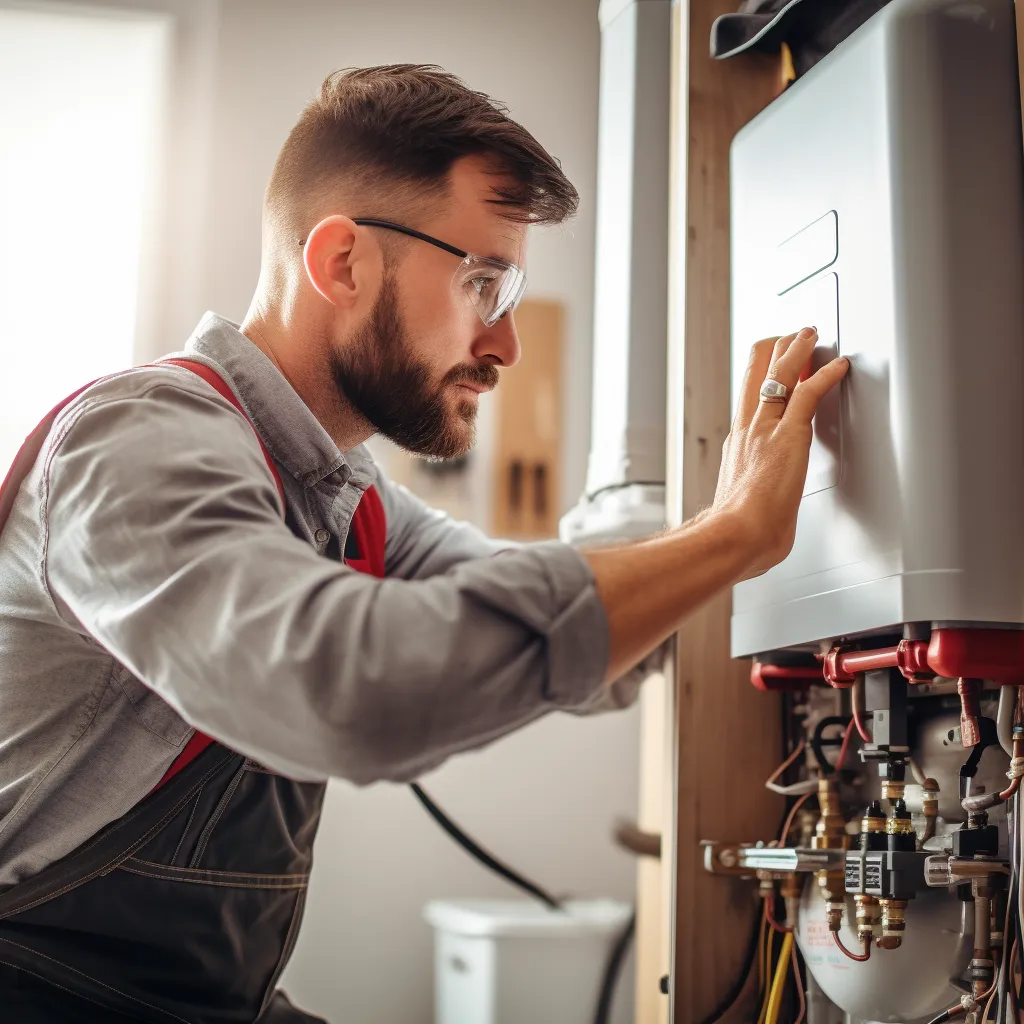
Regular Flushing: Sediment accumulation can impede the efficiency of your water heater and create potential problems.
Temperature and Pressure Relief Valve (TPR Valve) Check: The TPR valve is an essential safety component that releases excess pressure, preventing the tank from bursting.
Insulation: Improve energy efficiency and minimize heat loss by insulating both your water heater and its pipes.
Check for Leaks: Conduct regular inspections to identify any signs of leaks or dripping water from your water heater. Even minor leaks can cause significant damage over time.
Maintaining your water heater is crucial for maximizing its longevity. By implementing regular maintenance practices, you can extend its lifespan and reap long-term benefits.

Address
any malfunctions
Maintaining your water heater is crucial for optimal performance and longevity. It's important to promptly address any malfunctions that may arise. If you notice issues such as insufficient hot water or strange noises coming from your heater, it could be indicative of underlying problems. In such cases, it is recommended to reach out to a specialist who can provide timely repairs. By taking proactive measures and getting the necessary repairs done, you can extend the lifespan of your water heater while also saving money in the long term.
Signs it's time to get a new water heater
Water heaters, like any mechanical device, have a limited lifespan, including your home's heater. If you observe certain warning signs, it's likely an indication that it's time to consider replacing it:
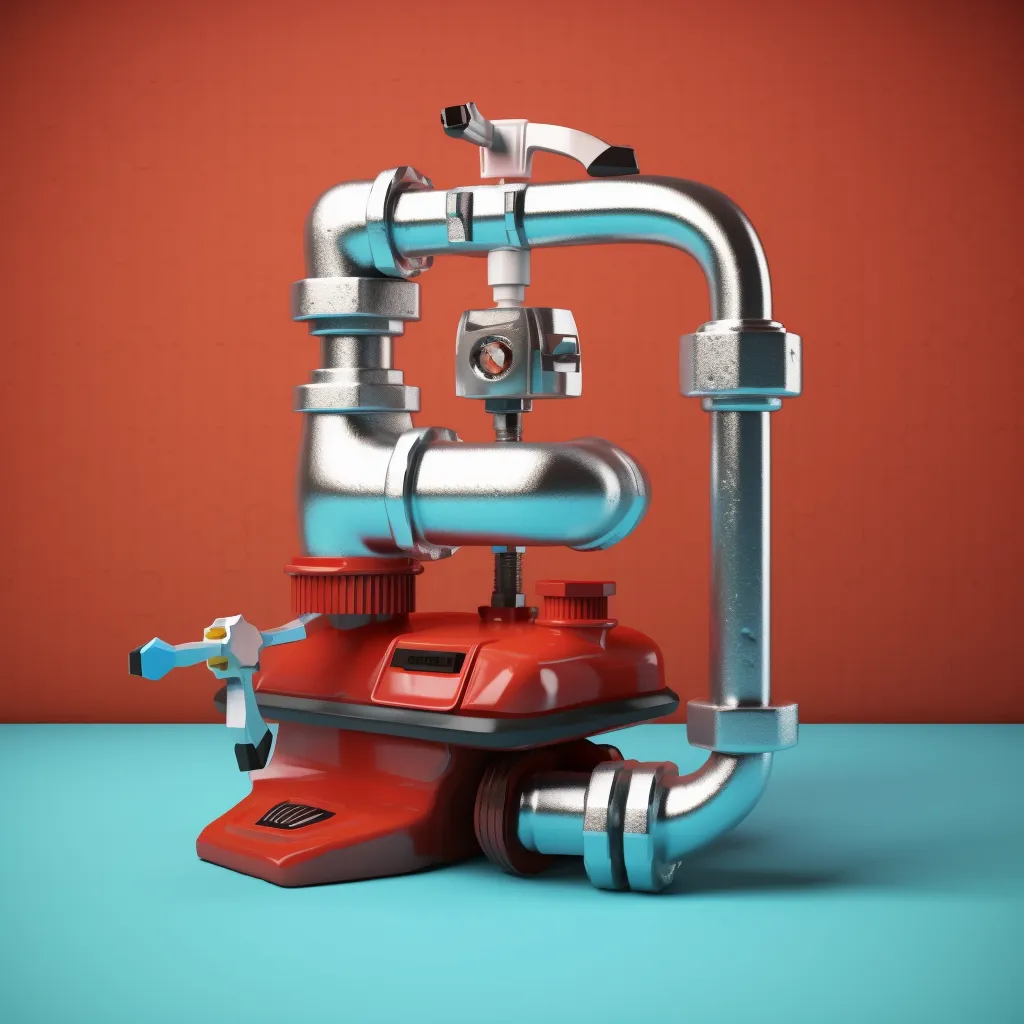
Generally, if your water heater is over 10 years old, it's worth contemplating a replacement since most water heaters have a lifespan of 10-15 years.
Popping or gurgling sounds emanating from your water heater are clear signals that a new tank is required.
Addressing the issue promptly is crucial if you notice water pooling around the base of the water heater, as it may signify a leak that needs attention.
Frequent hot water outages or inconsistent heating can be indicative of a malfunctioning water heater, necessitating a potential replacement.
An unreliable water heater can lead to increased energy consumption and higher bills. Therefore, if you observe a sudden spike in your energy costs, it's advisable to consider investing in a new water heater.
If you find yourself frequently requesting repairs for your water heater, it may be more cost-effective in the long run to invest in a new, dependable unit.
The presence of rusting or corroded areas on or around the water heater is a clear indication of suboptimal functioning and may require a replacement.
Unusual taste or odor in your hot water could indicate a problem with the water heater. To ensure safe and clean hot water, it's recommended to consider replacing it.
Consistent failure of your water heater to provide sufficient hot water for your household's needs is a strong indicator that it's time for a replacement.
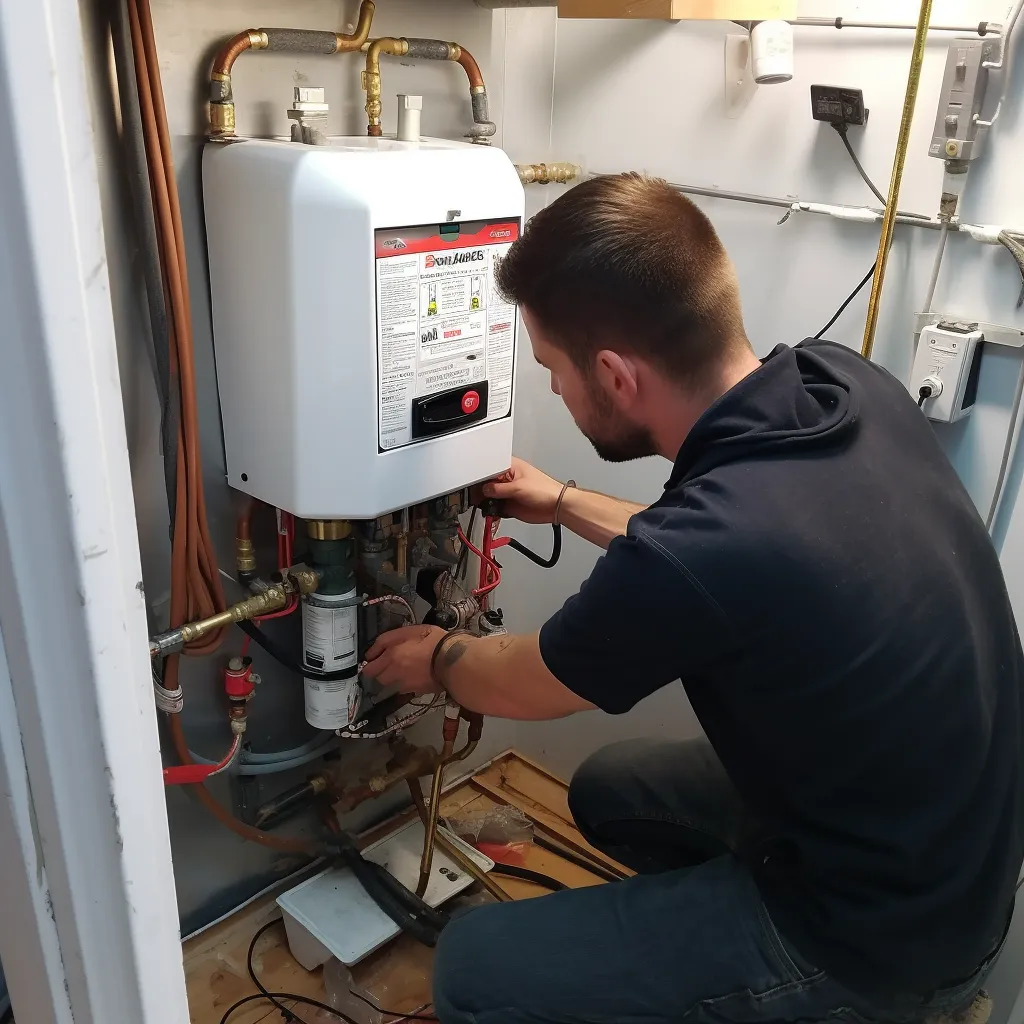
By being attentive to these indicators, you can make an informed choice when it comes to replacing your water heater, guaranteeing a consistent and dependable source of hot water for your residence.
What is the cost of replacing
a water heater?
When considering the expense of replacing a water heater, several factors play a role in determining the overall cost. These factors encompass:
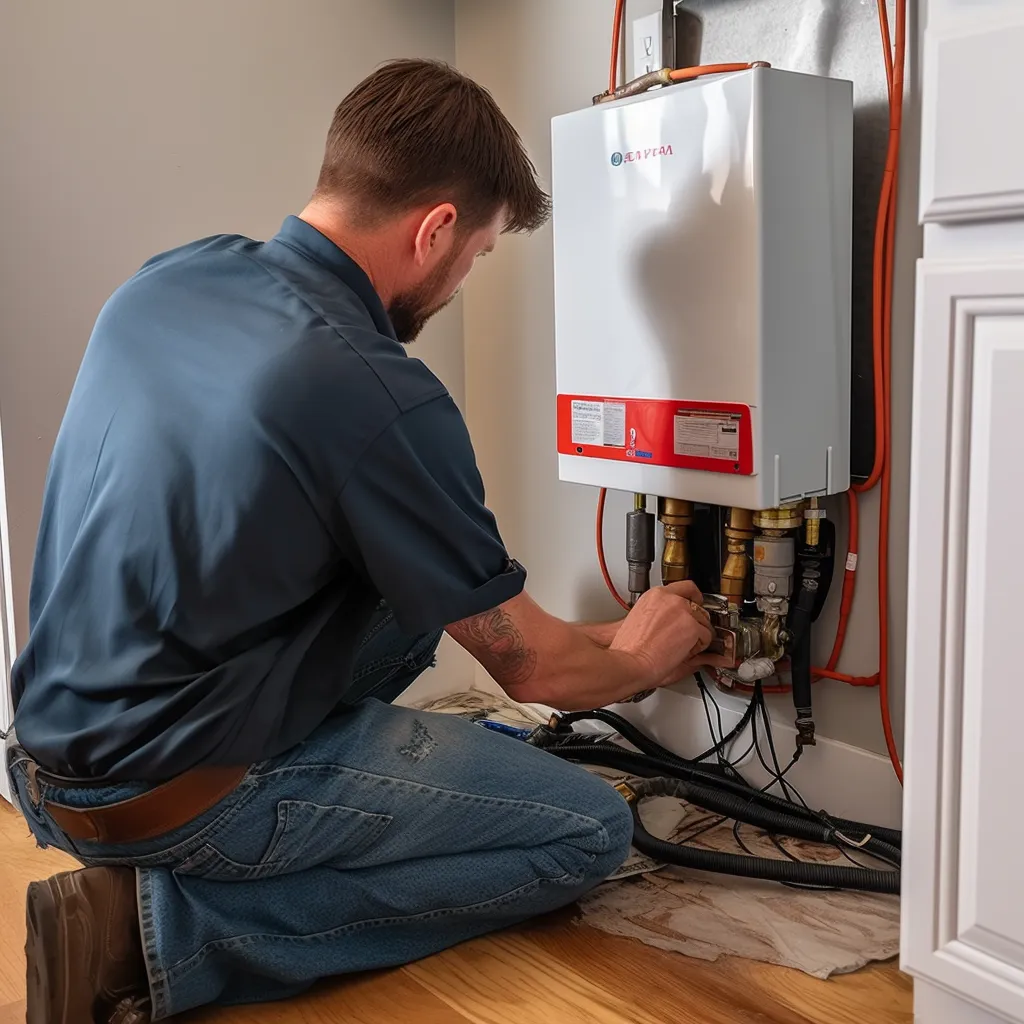
Type and Size: The choice of water heater, whether it's a conventional tank-based one or a tankless unit, affects the price. Additionally, the size or capacity of the water heater required to meet the hot water demands of your household will influence the cost.
Energy Efficiency: Energy-efficient water heaters typically involve a higher initial cost but can result in long-term savings on energy bills. Opting for a more efficient model may entail a higher upfront price but can prove to be cost-effective in the long run.
Installation Requirements: The intricacy of the installation process can impact the cost. Factors like accessibility, venting requirements, and necessary plumbing modifications can contribute to the expenses associated with installation.
When it comes to replacing a water heater, it's important to be aware of the significant investment involved and the various factors that can influence the costs. In the case of standard electric water heaters, the typical range for replacement costs is between $500 and $2,500. On the other hand, repair costs for tankless water heaters tend to be higher, ranging from $1,000 to $3,500. Considering the considerable expenses associated with water heater replacement, it's wise to think about the long-term advantages. By choosing a high-quality unit, you can enjoy lower utility bills and improved energy efficiency, making it a valuable long-term investment.
Common frequently asked questions about replacing and installing a water heater
When it comes to water heater replacement and installation, it's important to have answers to some commonly asked questions. These FAQs can offer valuable guidance throughout the process. Let's take a look at a few of them:
What size water heater do I need?
Determining the appropriate size for your water heater is crucial to ensure an efficient and reliable supply of hot water. Factors such as the number of people in your household, daily water usage, and specific requirements should be considered to determine the right capacity for your water heater.
How long does the installation process typically take?
The duration of the installation process can vary depending on various factors, including the complexity of the installation, the type of water heater being replaced, and any additional modifications required. Generally, a professional installation can be completed within a few hours or up to a full day.
Which fuel source is recommended for my water heater?
The recommended fuel source for your water heater depends on your specific circumstances and preferences. Common options include electricity, natural gas, propane, or even solar energy. Each fuel source has its own advantages and considerations, such as cost, availability, and environmental impact. Consulting with a professional can help you determine the best fuel source for your needs.
What is the estimated cost of the replacement?
The cost of water heater replacement can vary based on several factors, including the type and size of the unit, installation complexity, additional plumbing requirements, and local market conditions. It is recommended to obtain quotes from reputable professionals to get an accurate estimate tailored to your situationn.
Is professional assistance necessary for the installation?
While it's possible for some experienced individuals to handle water heater installation themselves, it's generally recommended to seek professional assistance. Proper installation is crucial for safety, performance, and warranty considerations. Professional installers have the expertise, tools, and knowledge to ensure a smooth and efficient installation process, minimizing the risk of potential issues or damage.
When it comes to water heater replacement or installation, it's crucial to prioritize your specific requirements. Seeking assistance from licensed plumbers is essential to ensure reliable guidance in this process. These professionals are equipped to help you choose the ideal size and type of water heater that suits your home perfectly. Furthermore, they can furnish you with an estimate of installation expenses and any potential supplementary tasks needed.
How you can save money
when replacing a hot water heater
Replacing a hot water heater doesn't have to break the bank. To ensure a cost-effective replacement while maintaining consistent access to hot water for your home, follow these money-saving tips:

Conduct thorough research: When replacing your water heater, it's important to conduct thorough research to find the best option for your home. Consider both standard electric models and tankless systems to determine which one suits your needs and preferences.
Prioritize energy efficiency: When selecting a water heater, prioritize energy efficiency. Investing in an energy-efficient model will lead to long-term cost savings by reducing your monthly utility bills. Look for a water heater that consumes less energy and has a high Energy Factor (EF) rating.
Shop around and compare prices: To get the best deal, shop around and compare prices from different retailers and suppliers. By doing so, you can ensure you're getting the most cost-effective option for your replacement. Additionally, take advantage of any rebates and incentives offered by your state for purchasing energy-efficient water heaters, as they can further reduce the overall cost.
Consider long-term benefits of tankless water heaters: While tankless water heaters may have a higher upfront cost, they offer significant energy savings over time. By considering the long-term benefits, you can make an informed decision that aligns with your budget and energy-saving goals.
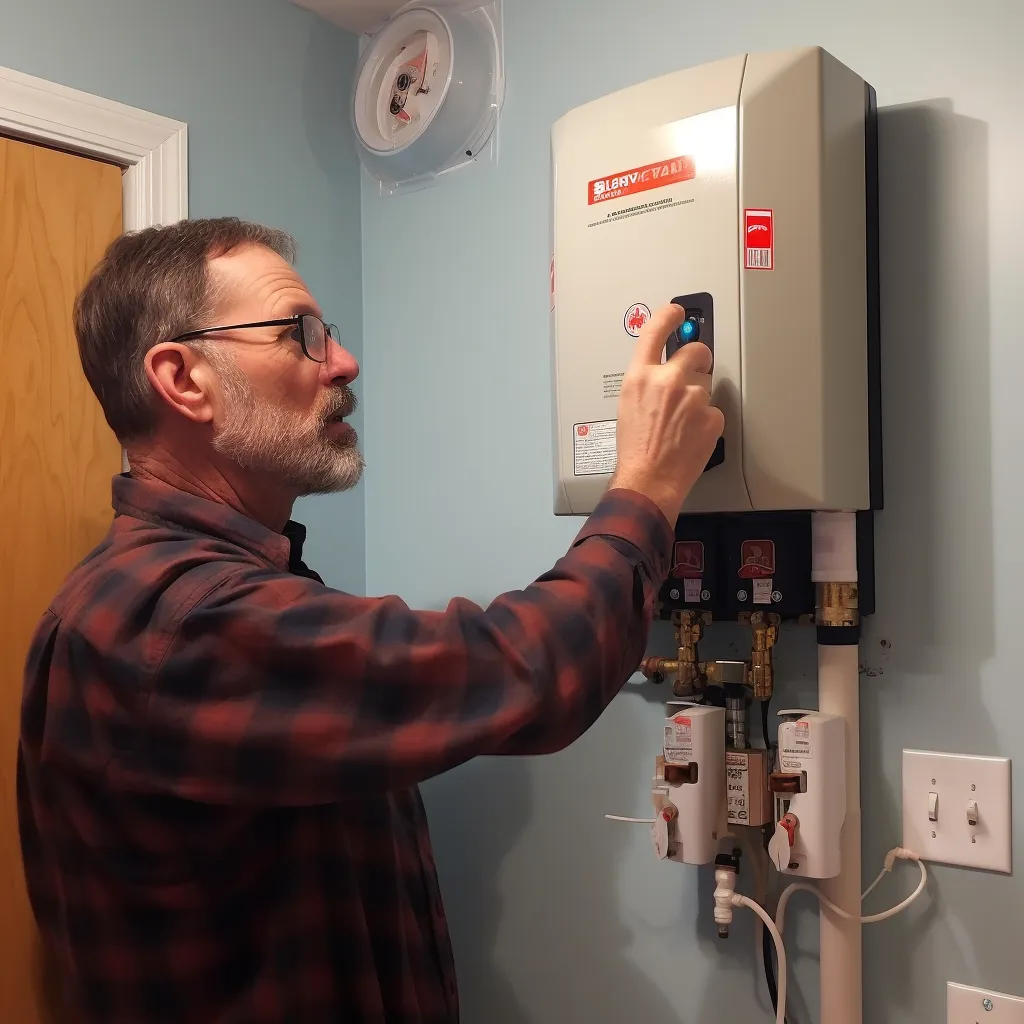
Why you should hire a professional
vs DIY installation
of a water heater
Replacing an old hot water heater may seem like a cost-saving idea at first glance, but it's a task that shouldn't be taken lightly. While you might be tempted to tackle the installation yourself, it's crucial to understand that it requires specialized skills and knowledge that professionals possess. Whether you decide to go the DIY route or opt for professional installation, choosing the latter can ultimately save you a significant amount of money in the long run. Professionals have the necessary expertise to ensure a correct installation that adheres to all the required codes and regulations. Additionally, professional installations often come with warranties, giving you peace of mind and a hassle-free experience. Conversely, while taking the DIY approach may seem appealing, it's not advisable. DIY installations increase the chances of errors, which can result in additional expenses such as repairs or higher energy usage.

Tips on finding a water heater professional for installation
When searching for a licensed professional to handle your water heater installation, it's crucial to keep the following points in mind:
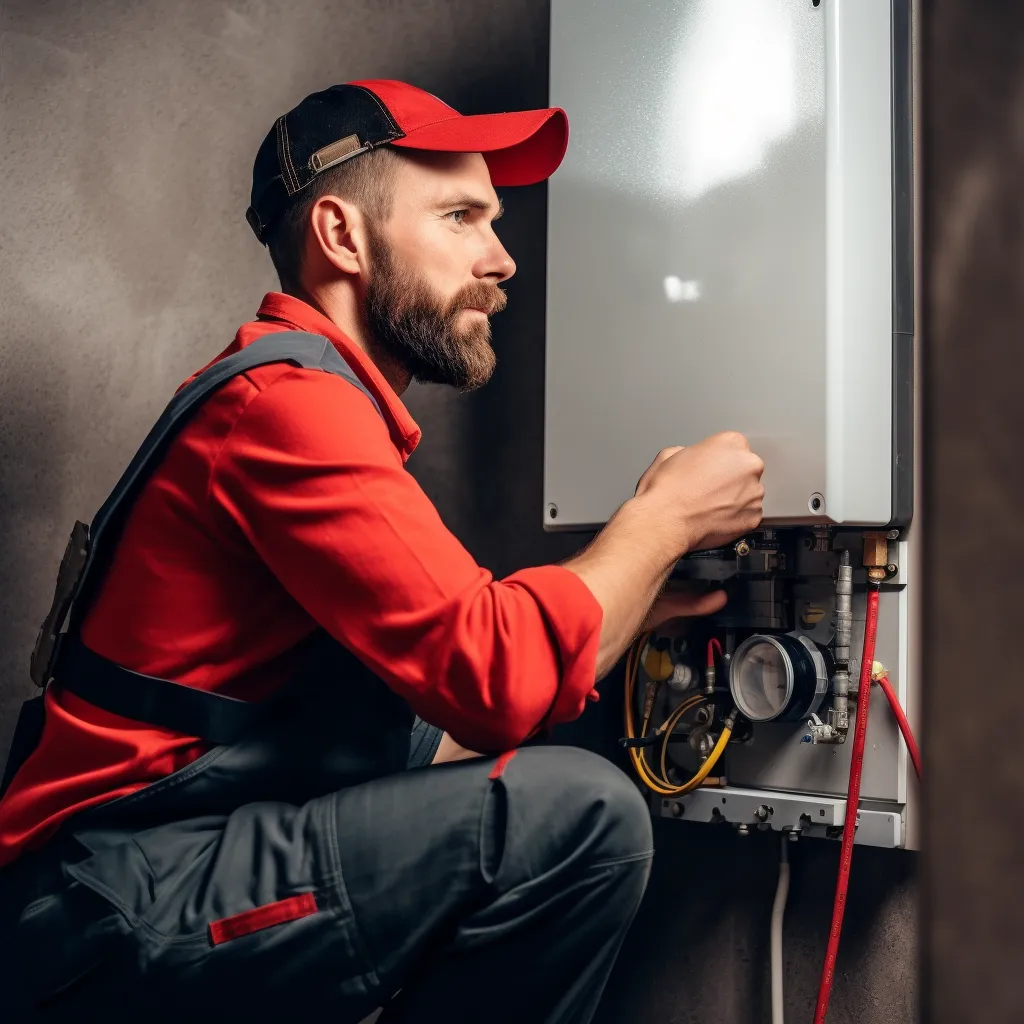
Check credentials and licensing: Make sure the professional you hire holds the necessary credentials and is licensed to perform water heater installations. This ensures their qualifications and expertise in the field.
Consider experience and expertise: Prioritize professionals with ample experience in water heater installations. An experienced expert will likely possess the necessary skills and knowledge to handle the job efficiently and effectively.
Read reviews to assess reputation: Take the time to read reviews and feedback from previous clients. This will provide insights into the professional's reputation, customer satisfaction levels, and the quality of their work.
Verify insurance coverage: It's essential to verify that the professional you hire has appropriate insurance coverage. This protects you from any liability in case of accidents or damages that may occur during the installation process.
Obtain detailed cost estimates: Request detailed cost estimates from multiple professionals to ensure you have a clear understanding of the expenses involved. This allows you to compare prices and make an informed decision that aligns with your budget.
Inquire about warranties or guarantees: Ask the professional about any warranties or guarantees they offer for their workmanship or the water heater itself. This provides you with reassurance and protection in case any issues arise after the installation.
Confirm handling of permits and compliance: It's important to ensure that the professional will handle any necessary permits and comply with local regulations. This helps avoid potential legal or safety issues associated with improper installations.
Choose effective and transparent communication: Select a professional who communicates clearly and transparently. They should be responsive to your inquiries, provide updates on the project, and address any concerns or questions you may have.
Contact Us
GET IN FULL TOUCH
PHONE: (801) 877-1421
EMAIL:
nathan@waterheaterlehi.com
Solutions Home Services
74 W 1625 S, Lehi, UT 84043
